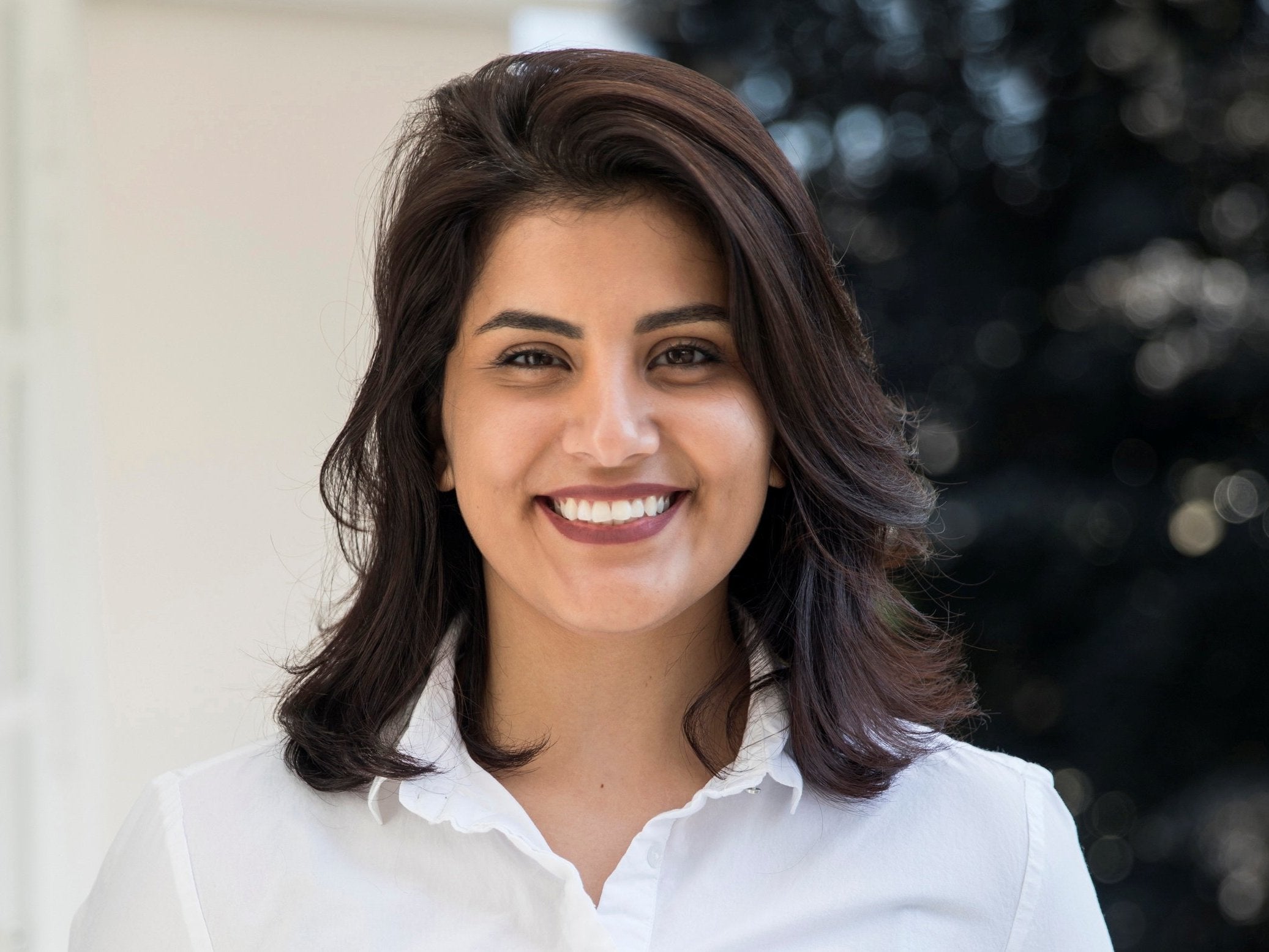US citizens detained in Saudi Arabia amid new crackdown on supporters of women’s rights activists
Eight detained in kingdom as feminist campaigners’ controversial trial continues

Your support helps us to tell the story
From reproductive rights to climate change to Big Tech, The Independent is on the ground when the story is developing. Whether it's investigating the financials of Elon Musk's pro-Trump PAC or producing our latest documentary, 'The A Word', which shines a light on the American women fighting for reproductive rights, we know how important it is to parse out the facts from the messaging.
At such a critical moment in US history, we need reporters on the ground. Your donation allows us to keep sending journalists to speak to both sides of the story.
The Independent is trusted by Americans across the entire political spectrum. And unlike many other quality news outlets, we choose not to lock Americans out of our reporting and analysis with paywalls. We believe quality journalism should be available to everyone, paid for by those who can afford it.
Your support makes all the difference.Saudi Arabia has reportedly detained eight people, including two US citizens, in what appears to be a crackdown on women’s rights activists and their supporters.
Seven men and one woman were arrested late on Wednesday and Thursday, according to Al Qst, a Saudi rights group based in London.
The detainees are not frontline activists but have expressed support for women’s rights and other reforms.
A spokesperson for Amnesty International said the group reportedly included journalists, writers and academics.
Some have links to a group of women who are currently on trial after campaigning for the right to drive.
The 11 women, whose cases have attracted international attention, had also spoken out against the kingdom’s guardianship system.
One of the dual Saudi-US citizens arrested this week, Salah al-Haidar, is a journalist whose mother Aziza al-Yousef is one of the women currently standing trial.
The other dual citizen is Bader al-Ibrahim, a doctor and author of a book about Shiite Muslim politics.
“We are deeply concerned for the well-being of those detained since yesterday. The Saudi Arabian government must reveal their whereabouts, ensure they are protected from torture and other ill-treatment, and allow them access to lawyers, as well as contact with their families,” said Lynn Maalouf, Amnesty International’s Middle East Director of Research.
“We call on the authorities to immediately disclose the charges brought against those detained – and if they are detained for their peaceful exercise of their right to freedom of expression, then they should be released immediately and unconditionally.”
Amnesty International said the group also included Abdullah al-Duhailan, a journalist, novelist and advocate for Palestinian rights, and Fahad Abalkhail, who supported activists campaigning for the right to drive.
Five other people close to the 11 women currently standing trial have also been placed under a travel ban since February, Al Qst added.
The women were arrested last May and branded as traitors.
Some allege that they have been tortured and sexually assaulted while in prison, although Saudi authorities have denied this claim.
At least one of the 11 women has been charged under the kingdom’s cybercrime law and faces up to five years in prison.
Another US-Saudi national, Walid al-Fitaihi, has been detained since 2017 under Riyadh’s anti-corruption campaign.
His son told US senators last month that his father had been tortured with electric shocks and whipping while detained.
The female activists’ trial and the latest wave of arrests will intensify criticism of Riyadh’s human rights record, which has been tarnished after the death of Jamal Khashoggi.
The US and other countries believe the journalist was brutally murdered last year on the orders of Mohammed bin Salman, Saudi Arabia’s highly controversial crown prince.
The family of Loujain al-Hathoul, one of the detained women on trial, has recently spoken out about her alleged treatment in prison.
“We stayed silent for eight months. We thought that being silent would solve the issue,” Walid al-Hathloul, the activist’s brother, told CNN on Thursday.
“We found out at the end of the day that this made the case even worse and that’s why we’re speaking out now” he said.
“At the end of the day we didn’t have any options but to speak out.”
Additional reporting by agencies
Join our commenting forum
Join thought-provoking conversations, follow other Independent readers and see their replies
Comments